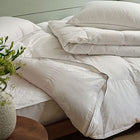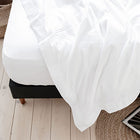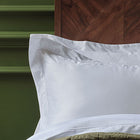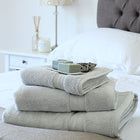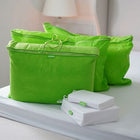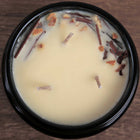
Sleep deprivation and your brain
I’ve been reading some thought-provoking new research by scientists at the University of California Los Angeles (UCLA) which shows for the first time how sleep deprivation stops brain cells communicating properly. Exhausted neurons respond more slowly than usual and parts of the brain actually turn themselves off to rest even though the person is still awake.
Worryingly, this new study shows that sleep deprivation can affect people in a similar way to alcohol, decreasing the speed at which brain cells communicate and preventing memories being encoded properly. As well as causing temporary lapses in memory and vision.
Dr Itzhak Fried, professor of neurosurgery at UCLA said the effect could prevent a tired person noticing a pedestrian stepping in front of a car.
“Starving the body of sleep also robs neurons of the ability to function properly. This paves the way for cognitive lapses in how we perceive and react to the world around us. The very act of seeing the pedestrian slows down in the driver's over-tired brain. It takes longer for his brain to register what he's perceiving.”
“Inadequate sleep exerts a similar influence on our brain as drinking too much. Yet no legal or medical standards exist for identifying over-tired drivers on the road the same way we target drunk drivers."
For the research, scientists studied 12 sleep-deprived epileptic patients who had electrodes implanted in their brains. They were asked to identify a variety of images as fast as possible while the implants recorded their brain activity. Performing the tasks grew more challenging as the patients grew sleepier and the lack of sleep caused the neurons to respond sluggishly.
The researchers discovered that in the areas where the cells were firing more slowly, brain waves also slowed down, implying the area was trying to sleep.
“This phenomenon suggests that select regions of the patients' brains were dozing, causing mental lapses, while the rest of the brain was awake and running as usual," added Prof Fried.
So, particularly now that the nights are getting darker, it's vitally important to make sure we all get enough sleep before we get behind the wheel ...
The research was published in the journal Nature Communications
